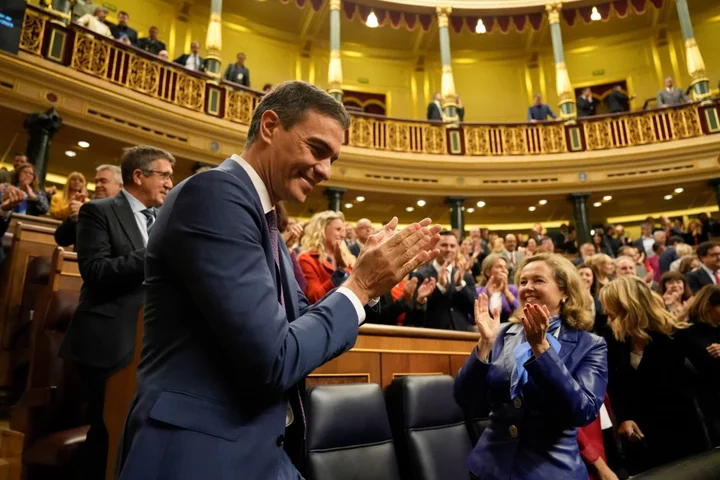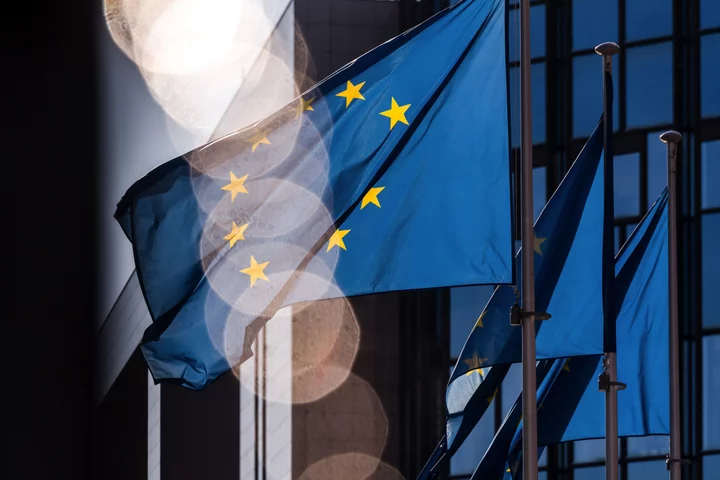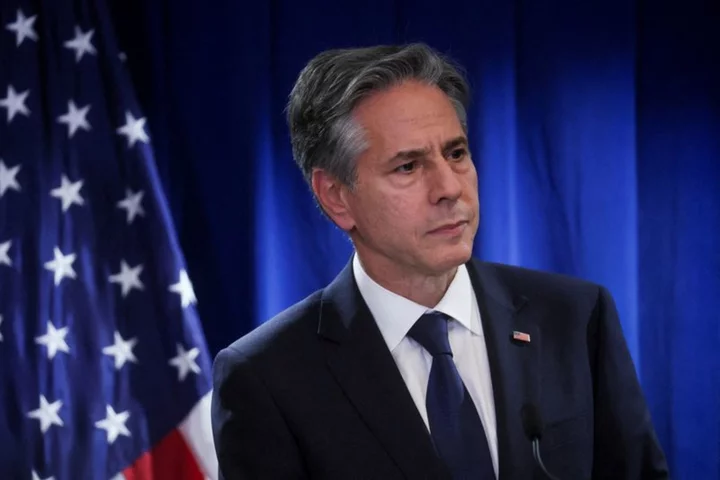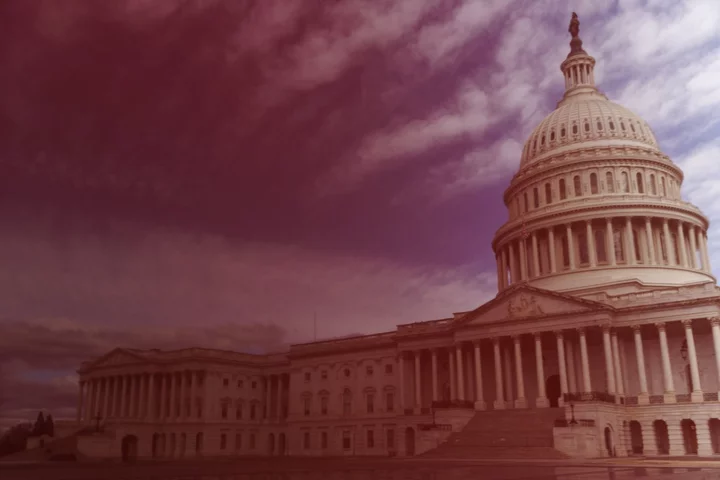Pedro Sanchez won reelection as Spain’s prime minister in a confidence vote in parliament on Thursday with the backing of Catalan separatists thanks to a controversial amnesty deal.
A total of 179 lawmakers voted in favor of his reappointment, with 171 against. A majority requires 176 lawmakers in the 350-member parliament.
The decision to reelect Sanchez ends months of uncertainty after an inconclusive July election, yet the Socialist leader starts his new term facing a strong backlash over his plan to grant amnesty to hundreds of Catalan activists facing criminal charges over a failed 2017 independence attempt.
“The only real reproach from the right is that we’ve won government with these deals,” Sanchez told parliament shortly before voting started. “But winning government is what allows us to improve the life of those” who most need the state.
While he will have a stronger position within his governing coalition, with a weaker junior partner in far-left Sumar than in predecessor Unidas Podemos, he will depend on separatist votes to push legislation through parliament.
Read More: How Catalan Separatism Hangs Over Spanish Politics: QuickTake
He passed more than 200 laws in the previous legislature without losing a single vote. From now on, the task will be harder. Two of the pro-independence parties that supported Sanchez’s election, the Basque PNV and the Catalan Junts, are pro-business and traditionally center-right, putting them at odds with other far-left allies.
Sanchez and Sumar leader Yolanda Diaz, the labor minister, have agreed to push through a barrage of pro-worker and social policies, including reductions in weekly working hours, minimum wage increases, and longer paternity and maternity leave.
Any law will require broad support in parliament, however, as the coalition is well short of a majority. Sanchez was re-elected with votes from eight different parties.
In opening remarks on Wednesday when the debate began ahead of the vote, Sanchez didn’t go into details on his economic plans but pledged to raise taxes on the rich, cut the working week to 37.5 hours and continue to link pensions to inflation. He is widely expected to cut the number of ministries from the current 22 and reshuffle ministers.
The opposition, led by conservative Alberto Nunez Feijoo, used the investiture discussion to lay out its strategy, with a focus on portraying itself as the defender of the rule of law and democracy.
Feijoo’s center-right People’s Party is the biggest group in the lower house and controls the Senate. It also governs most regions and large cities, either alone or in alliance with the far-right Vox party.
Core to the PP’s strategy is fighting the legitimacy of Sanchez’s Catalan amnesty deal. Right-wing politicians say it’s unconstitutional, something Sanchez and his supporters deny.
On Nov. 12, the PP organized demonstrations across Spain to protest against the amnesty, with tens of thousands of people gathering in central Madrid. Hundreds of protesters, largely far-right activists, have also been gathering every evening for more than a week to demonstrate outside the headquarters of the Socialist party in Madrid.
Sanchez’s first term started in mid-2018, when he led Spain’s first successful no-confidence vote and removed Mariano Rajoy, of the PP. After two inconclusive elections in 2019, in January 2020 he formed a coalition government with far-left Podemos, the first coalition in Spain since before the Civil War in the 1930s. Podemos has now become a marginal party with five seats and is part of the broader Sumar group.
(Updates with protest in 13th paragraph)









